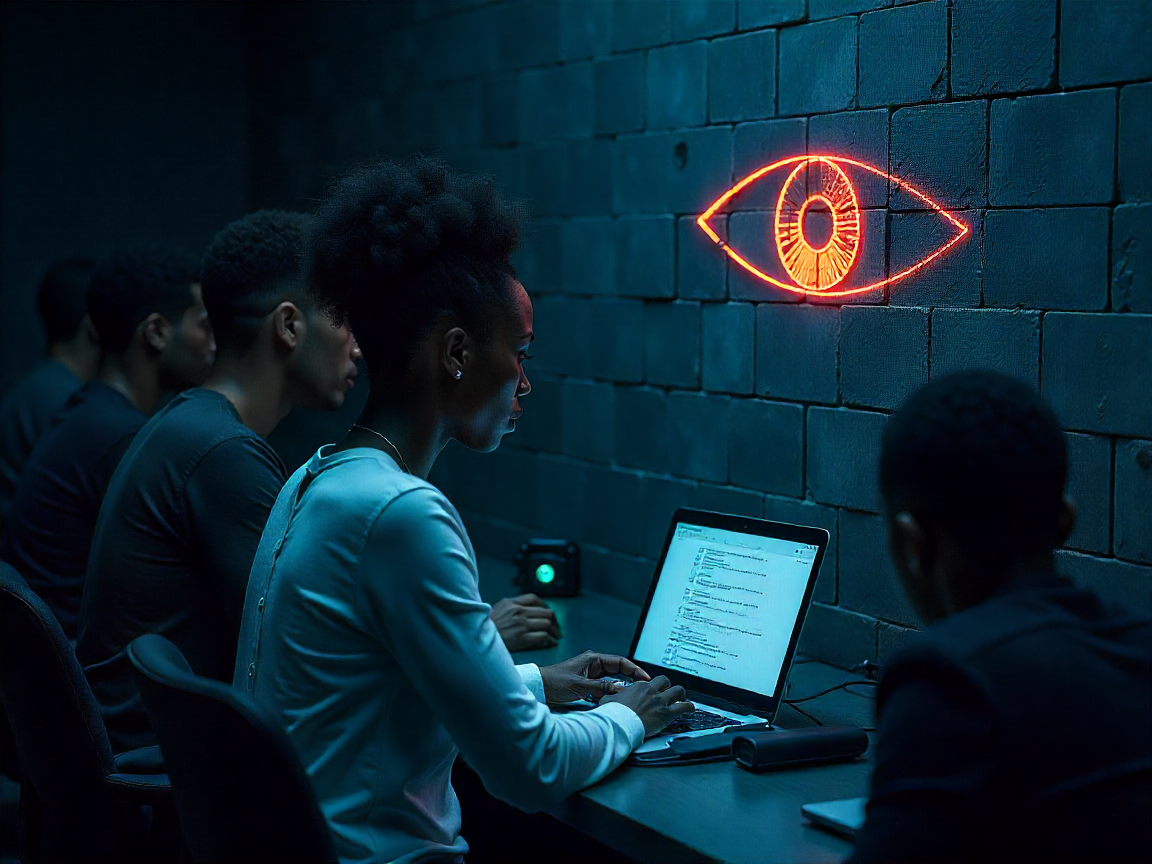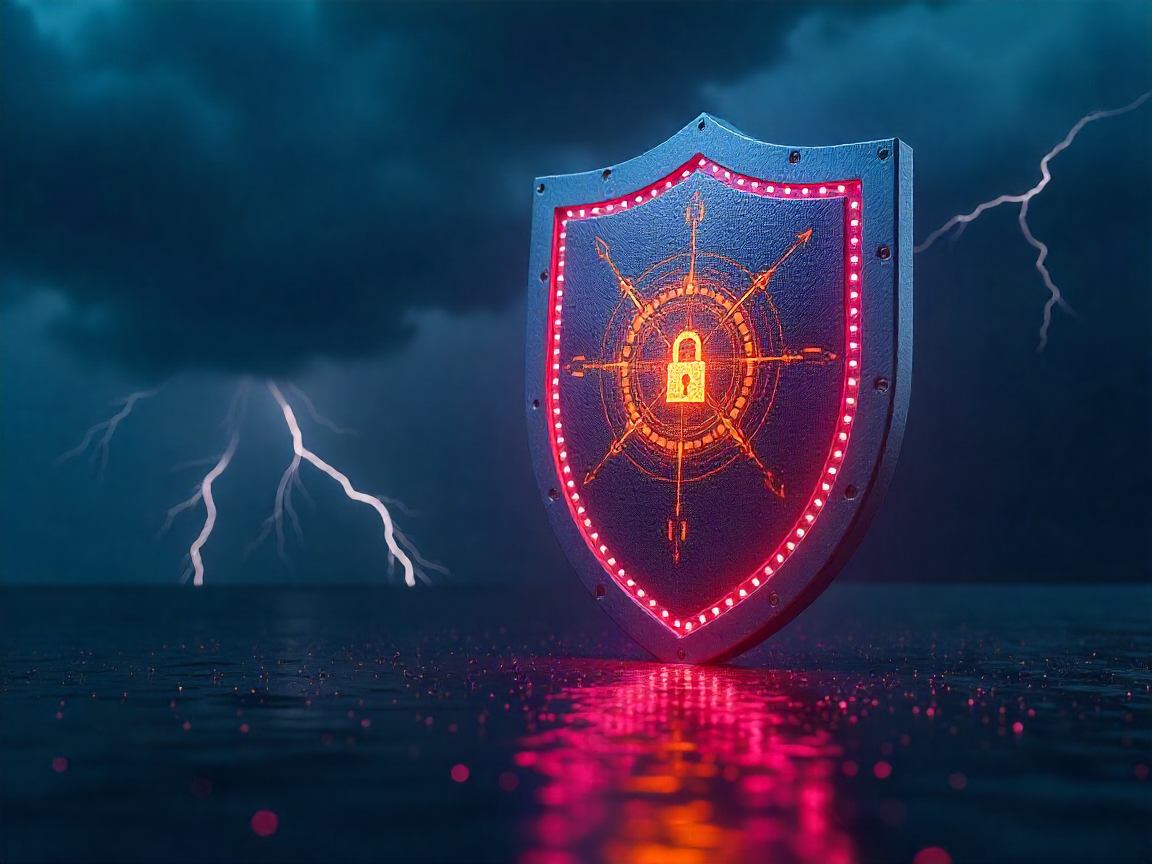Nowadays, every click, every public Wi-Fi connection, and every app we use can be an open window for cyberattacks. This is where VPNs become our shields, allowing us to browse privately, securely, and without restrictions. But what are VPNs really? Are they the only option? How do they work in the real world and why are they so important? Let’s find out.
Contents
- 1 What is a VPN and why should you care?
- 2 How does it achieve this?
- 3 Are there other options besides VPNs?
- 4 How are VPNs used in real life?
- 5 Why is it so important to use a VPN?
- 6 What technologies and services can a VPN be integrated with?
- 7 What level of security does a VPN offer?
- 8 Available protocols
- 9 Is it worth using a VPN?
- 10 Now what?
What is a VPN and why should you care?
A VPN (Virtual Private Network) is a technology that creates a secure, encrypted connection between your device and the internet. It works as a “digital tunnel” that hides your network traffic from third parties such as your ISP, cybercriminals, and even governments.
How does it achieve this?
- Reroute your traffic through a remote server operated by the VPN provider.
- It hides your real IP, showing the VPN server’s IP.
- It encrypts information, preventing it from being read if intercepted.
Example: If you’re connected to public Wi-Fi in a café, a VPN prevents someone on the same network from seeing your passwords or emails.
Are there other options besides VPNs?
Yes, and it’s important to know them to understand when a VPN is the best option or when it’s not.
| Technology | Main function | Does it encrypt data? | Does it hide IP? | Ideal for… |
| VPN | Secure and private browsing | Yes | Yes | Remote access, general privacy |
| Proxy | Traffic redirection (no encryption) | No | Partial | Access to geo-blocked content |
| Tor | Total anonymity on the Internet | Yes | Yes | Journalists, activists |
| Zero Trust Network Access (ZTNA) | Remote Access by Identity | Yes | Yes | Enterprise Environments |
Bottom Line: VPNs offer the best balance of security, privacy, and performance for most users.
How are VPNs used in real life?
Setting up a VPN can be as simple as installing an app or as technical as setting up your own server.
1. Personal Use
- Download an app (e.g. NordVPN, ProtonVPN, Surfshark)
- Select a country
- Done: You’re securely connected
2. Corporate Use
- Secure remote access to internal resources
- Multi-Factor Authentication (MFA)
- Active Directory Integration
3. Manual Configuration
- Protocols such as OpenVPN, IKEv2/IPSec, WireGuard
- .ovpn configuration files
- Use on Linux routers or servers
Tip: If you travel a lot or work from cafes, a VPN should always be active.
Why is it so important to use a VPN?
Threats are on the rise, and personal data is worth more than ever. Here are some clear reasons why using a VPN isn’t optional today:
- Total privacy: no one sees what you do.
- Protection on insecure networks: hotels, airports, cafes.
- Bypass restrictions: Access region-locked content.
- Prevent mass surveillance: Protect your digital freedom.
- Enterprise Remote Access: Security no matter where you are.
Statistic: More than 31% of global internet users use a VPN regularly.
What technologies and services can a VPN be integrated with?
Modern VPNs don’t live alone. They integrate with many tools and services to expand your capabilities:
| Integration | Main function |
| Active Directory / LDAP | Identity-based access control |
| MFA / 2FA | Extra security when logging in |
| Firewall | Advanced VPN Traffic Rules |
| SIEM (Ex: Splunk, QRadar) | VPN Traffic Monitoring |
| SD-WAN | Performance optimization for businesses |
| Zero Trust Platforms | Combination of VPN + granular control |
Example: A company can use a VPN in conjunction with a SIEM to detect unusual access and prevent intrusions.
What level of security does a VPN offer?
A good VPN is much more than hiding your IP. Here are the layers of security that typically include:
Encryption
- AES-256 (Military Standard)
- SSL/TLS on modern protocols
Authentication
- Keys, certificates, MFA tokens
Leak protection
- DNS Leak Protection
- Kill Switch (blocks connection if VPN fails)
Available protocols
| Protocol | Safety | Velocity | Compatibility |
| OpenVPN | Loud | Stocking | Windows, Linux, Mac, Android, iOS |
| WireGuard | Very High | Loud | New platforms |
| IKEv2/IPSec | Loud | Loud | Very stable on mobile |
Recommendation: Verify that your provider uses strong encryption and no-logs policies.
Is it worth using a VPN?
Definitely yes. Whether you’re protecting yourself from prying eyes on public networks or working securely from anywhere, a VPN is an essential tool in your digital security kit.
A VPN isn’t just for hackers or experts, but for everyone who values their privacy, security, and online freedom.
Now what?
If you’re a personal user:
- Try a free VPN like ProtonVPN or Windscribe.
- Consider a premium plan if you work remotely or transact.
If you’re in a company:
- Evaluate solutions such as OpenVPN Access Server, NordLayer, or Perimeter 81.
- Integrate your VPN with authentication systems, firewalls, and monitoring.
Thanks for reading me!!!









Leave a Reply